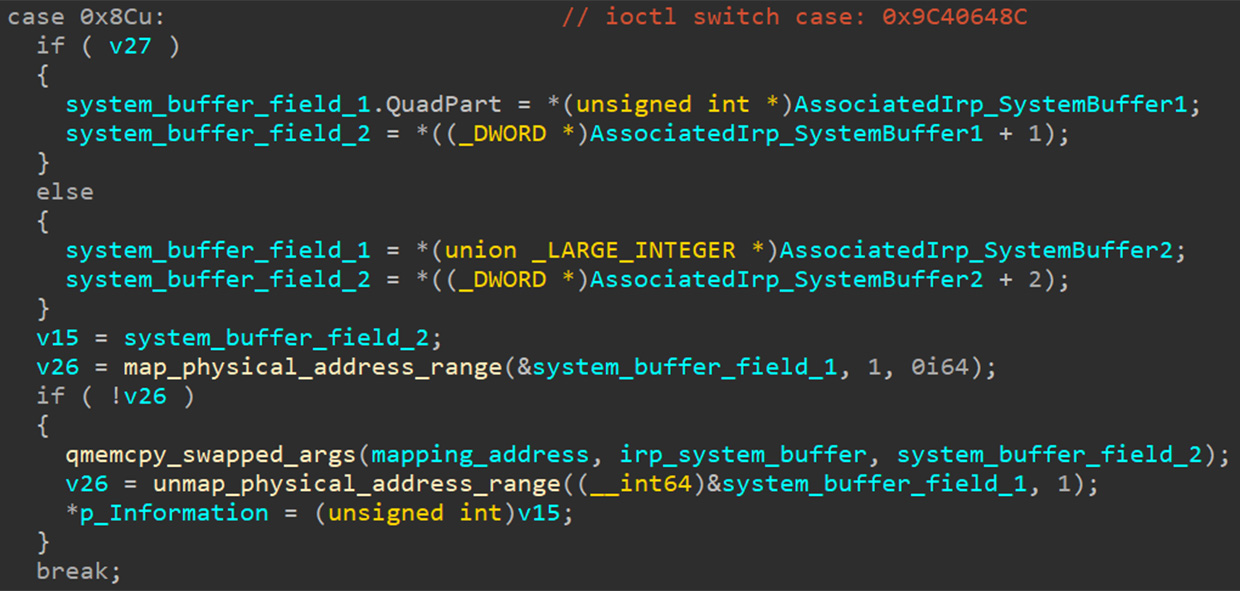News
Google Chrome Exploit Results In Attack On Lebanese Journalists
According to antivirus company Avast, there is evidence that an Israeli spyware firm called Candiru used a vulnerability in Google Chrome to spy on journalists in Lebanon.

In early July 2022, Google patched a previously unknown vulnerability in its Chrome browser, known as CVE-2022-2294. The zero-day Chrome exploit only came to light after it was apparently used to spy on journalists in Lebanon.
Antivirus company, Avast, collated a report, which it delivered to Google detailing the zero-day exploit. In this report, Avast claims that Israeli spyware firm, Candiru, used the exploit to install spyware on the journalist’s computers.
It equally believes that the firm has used similar exploits to target Avast users in Turkey, Lebanon, Palestine and Yemen beginning in March of this year.
A zero-day exploit is, in short, a vulnerability in a piece of software that is unknown to the developers. They are typically discovered in the wild for this reason, and are known as zero-day because the developers have zero days in which to address the issue. This is because the vulnerability has the potential to cause damage from the moment it is discovered.
Avast alleges that Candiru used the above-mentioned exploit to gain access to user’s computers. It is believed to have compromised a website, which it used to redirect users to a server that could collect their data. If the data – collected on 50 data points such as location, language, time zone, etc. – met their requirements, the server would establish an encrypted channel.
Despite not claiming responsibility, Candiru is the prime suspect in the attack because the CVE-2022-2294 exploit was used to install the DevilsTongue spyware. This is a piece of malware previously linked to the group by Microsoft in a separate string of attacks.

In its report, Avast claims that the zero-day exploit was used alongside another vulnerability capable of bypassing the sandbox security function in Chromium. However, Avast has (as yet) been unable to determine the second exploit used by the alleged attackers.
Also Read: DDoS Attacks Are A Growing Threat In Gaming
Luckily, Google released a patch for the exploit on July 4. As such, there is no need for Chrome users to be concerned, providing browsers are kept up to date. Microsoft and Apple have released patches for their Edge and Safari browsers, too, as they also use WebRTC.
Candiru has not yet been officially connected to the incident, so its involvement is currently (albeit well-informed) speculation. However, the tools used and computers targeted matches its previous spyware attempts dating from 2021 and early 2022. As the company has no public online presence, this fact is unlikely to change anytime soon.
News
Alienware Just Announced Six New Gaming Monitors
The new models include three QD-OLED and three budget-friendly QHD options, expanding the company’s lineup for all gamers.

Alienware has just updated its gaming monitor lineup with six new additions, including the highly anticipated Alienware 27 4K QD-OLED Monitor. The latest wave of releases is set to reach more gamers than ever, offering high-end QD-OLED displays alongside more budget-friendly options.
The latest displays clearly show that the company is doubling down on QD-OLED with three new models sporting the technology. A redesigned Alienware 34 Ultra-Wide QD-OLED Monitor is also making a return, further refining what is already a fan-favorite display.
A Unified Design: The AW30 Aesthetic
All six monitors feature Alienware’s new AW30 design language, first introduced at CES. The AW30 aesthetic brings a futuristic, minimalist look that unites the entire lineup under a cohesive visual identity.
Pushing QD-OLED Even Further
The refreshed Alienware 34 Ultra-Wide QD-OLED Monitor (AW3425DW) builds on its predecessor’s success with a 240Hz refresh rate (up from 175Hz) and HDMI 2.1 FRL support. It also gains G-SYNC Compatible certification alongside AMD FreeSync Premium Pro and VESA AdaptiveSync, ensuring ultra-smooth performance. With a WQHD (3440×1440) resolution and an 1800R curve, this display enhances immersion for both gaming and cinematic experiences.
For those who crave speed, the Alienware 27 280Hz QD-OLED Monitor (AW2725D) pairs a high refresh rate with QHD resolution, balancing sharp visuals with ultra-smooth gameplay. Meanwhile, the Alienware 27 4K QD-OLED Monitor (AW2725Q) delivers stunning clarity with an industry-leading pixel density of 166 PPI, making it the sharpest OLED or QD-OLED monitor available.
Also Read: Infinite Reality Acquires Napster In $207 Million Deal
Worried about OLED burn-in? Alienware’s entire QD-OLED lineup comes with a three-year limited warranty covering burn-in concerns, offering peace of mind for gamers investing in these high-end displays.
Bringing QHD To A Wider Audience
Alongside QD-OLED, Alienware is also releasing three new QHD gaming monitors aimed at more price-conscious gamers. The Alienware 34 Gaming Monitor (AW3425DWM), Alienware 32 Gaming Monitor (AW3225DM), and Alienware 27 Gaming Monitor (AW2725DM) provide a range of sizes and formats to suit different preferences:
- The Alienware 34 Gaming Monitor (AW3425DWM): An ultrawide (WQHD) option for a panoramic, immersive experience.
- The Alienware 32 Gaming Monitor (AW3225DM): A standard 16:9 panel for a traditional but expansive desktop setup.
- The Alienware 27 Gaming Monitor (AW2725DM): A 27” display offering the same performance in a more compact form factor.
All three gaming monitors feature a fast 180 Hz refresh rate, a 1ms gray-to-gray response time, and support for NVIDIA G-SYNC, AMD FreeSync, and VESA AdaptiveSync to eliminate screen tearing. Additionally, with 95% DCI-P3 color coverage and VESA DisplayHDR400 certification, these displays deliver vibrant colors and high dynamic range for lifelike visuals.
-

 News3 weeks ago
News3 weeks agoSpace42 & Cobham Satcom Launch New Satellite Broadband Terminal
-

 News3 weeks ago
News3 weeks agoRipple Gains DFSA License To Offer Crypto Payments In Dubai
-

 News2 weeks ago
News2 weeks agoAre You Ready For Hong Kong’s InnoEX & Electronics Fair?
-

 News2 weeks ago
News2 weeks agoWizz Air Abu Dhabi Adds Beirut Flights Amid Tourism Revival

















